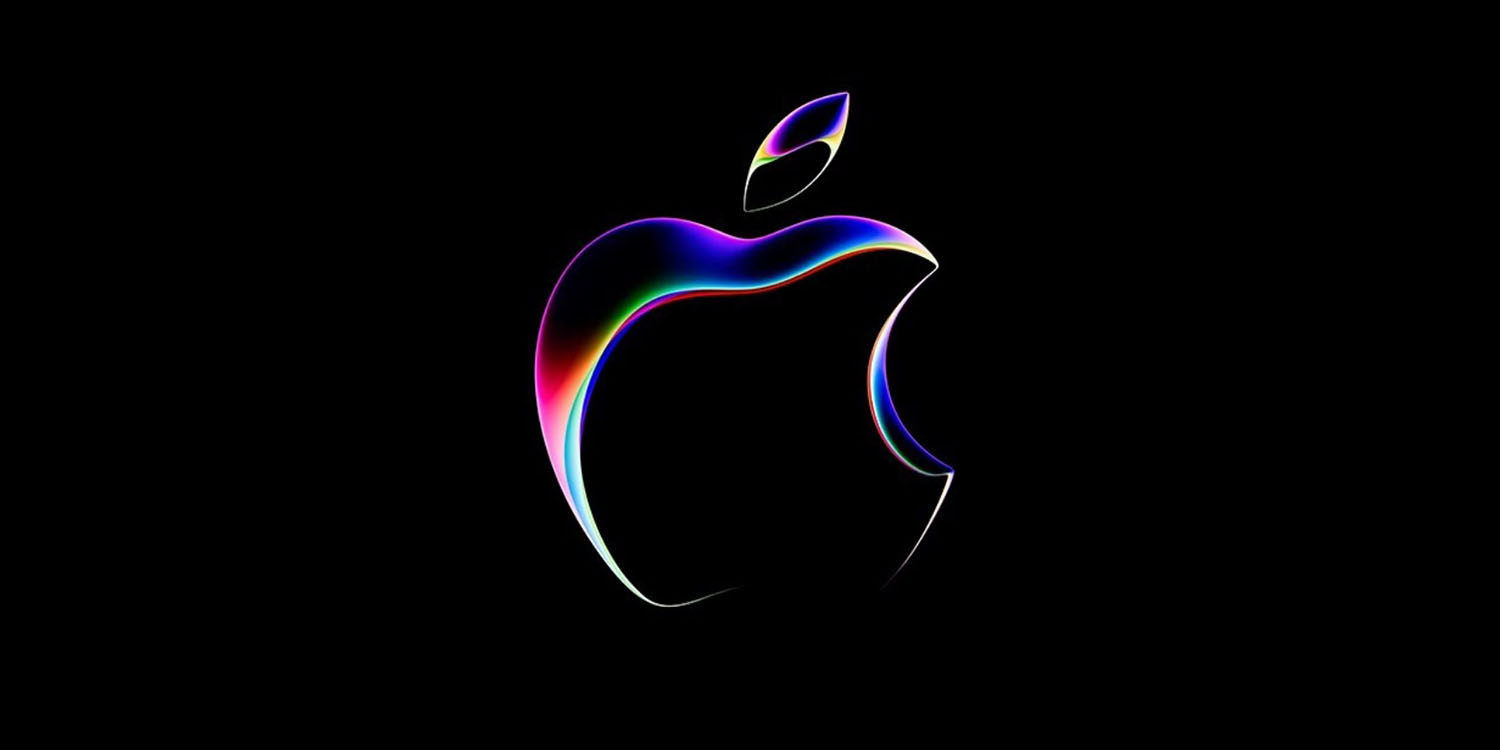
A Supreme Court affirmative action ruling that bans race-conscious admissions into higher education will end up hurting US companies, and the economy as a whole – according to Apple and many other US brands.
An amicus brief arguing in favor of continued affirmative action by colleges was filed by Apple, Adobe, Airbnb, Cisco, Dell, Google, Ikea, Intel, Lyft, PayPal, Salesforce, Uber, and many other major corporations …
What is affirmative action?
Here’s how Cornell Law School defines the term:
Affirmative action is defined as a set of procedures designed to; eliminate unlawful discrimination among applicants, remedy the results of such prior discrimination, and prevent such discrimination in the future. Applicants may be seeking admission to an educational program or looking for professional employment. In modern American jurisprudence, it typically imposes remedies against discrimination on the basis of (at the very least) race, creed, color, and national origin.
It dates back to a 1961 executive order by President John F. Kennedy.
The Supreme Court affirmative action ruling
Elite universities have been among the many organizations to take affirmative action in college admissions, arguing that unless they do so, they will perpetuate a system that has seen whites and Asian Americans granted better educational opportunities than Blacks and Hispanics.
However, this was challenged in a lawsuit against Harvard University and the University of North Carolina (UNC), and went all the way to the US Supreme Court. It ruled that affirmative action violates the Constitution’s guarantee of equal protection.
Apple’s three arguments
Apple was also one of nearly 70 US companies to submit an amicus brief to the Supreme Court, arguing that affirmative action in university admissions programs should continue, for three reasons.
First, argued Apple, it creates “a pipeline of highly qualified future workers and business leaders” by ensuring that graduates comprise the best candidates. Without action to correct existing barriers to higher education, especially in elite universities, some of the best talent will go untapped.
Top comment by Jason
"First, argued Apple, it creates “a pipeline of highly qualified future workers and business leaders” by ensuring that graduates comprise the best candidates."
By letting in people based on color/race and not qualifications ?? seriously Apple. To me in order to get the best qualified candidates means admitting the best qualified students.
From the story...Affirmative action is defined as a set of procedures designed to; eliminate unlawful discrimination among applicants, remedy the results of such prior discrimination, and prevent such discrimination in the future.
This is not what the colleges were doing though. The were discriminating.
Second, diversity is absolutely key to creating the best products. Without it, you can end up with, for example, face-recognition tech that is better at recognizing white men than black women.
Third, companies need both managers and customer-facing staff who understand the needs of the US population as a whole, not just their own slice of it.
These things have a direct impact not just on making the world a better and fairer place, argued the amicus brief signed by Apple, but also on creating a strong economy.
Racial and ethnic diversity enhance business performance. Research and experience demonstrate that racial diversity improves decision-making by increasing creativity, communication, and accuracy within teams. Experience in a diverse university environment prepares students to interact with and serve racially diverse client and customer bases and to work with people of all backgrounds. The result is a business community more aligned with the public, increased profits, and business success.
Apple did not comment on the ruling itself, but states that it continues to apply affirmative action in its hiring policies.
Apple is an equal opportunity employer that is committed to inclusion and diversity. We take affirmative action to ensure equal opportunity for all applicants without regard to race, color, religion, sex, sexual orientation, gender identity, national origin, disability, Veteran status, or other legally protected characteristics.
FTC: We use income earning auto affiliate links. More.



Comments